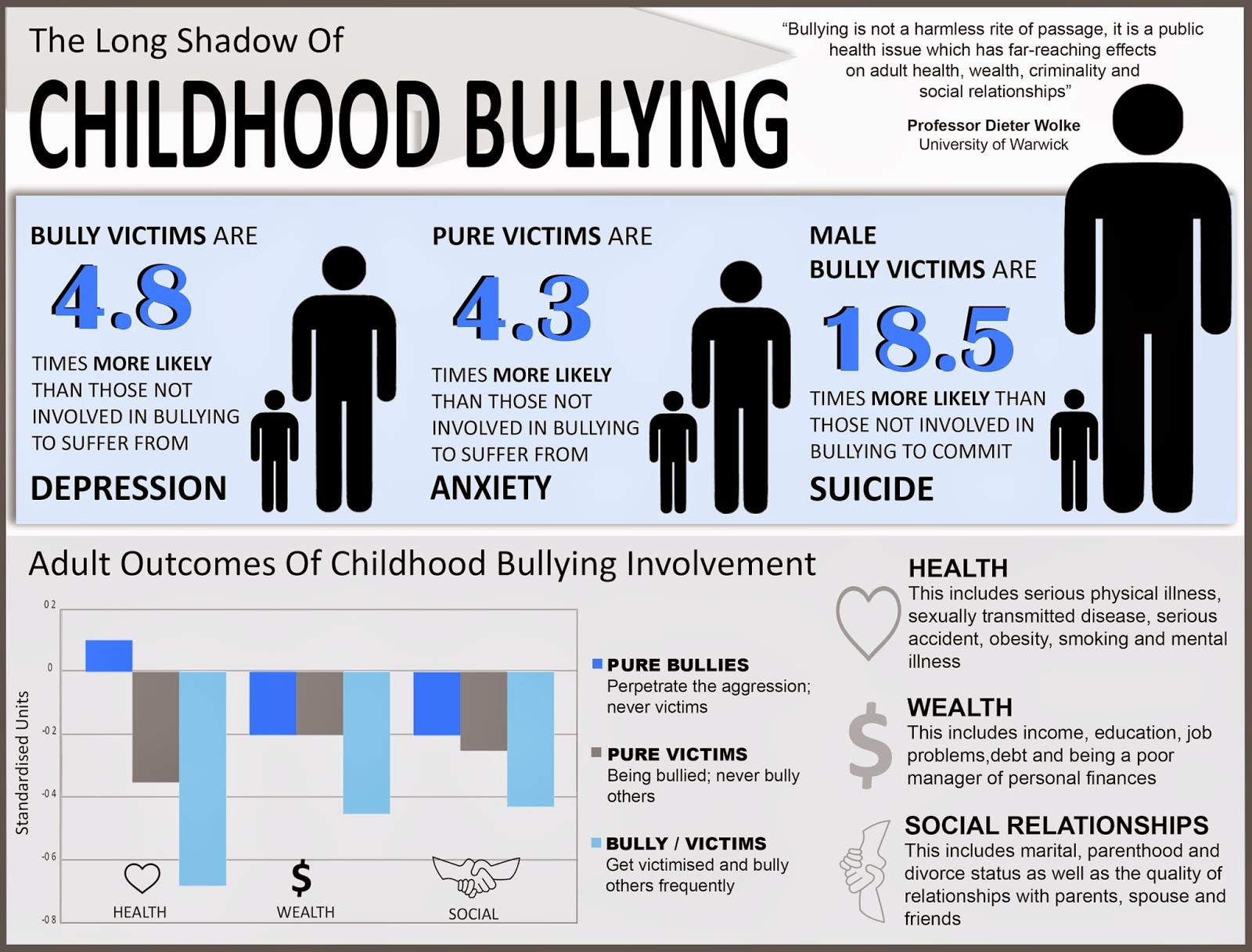FTC Probes OpenAI's ChatGPT: Privacy And Data Concerns

Table of Contents
Data Collection and Usage Practices of ChatGPT
ChatGPT's impressive capabilities stem from its ability to learn from vast amounts of data. However, the methods by which this data is collected and used raise crucial privacy questions. ChatGPT collects user input text, which can include highly personal information, and depending on user settings, may also access browsing history and other data through integrations.
OpenAI's data usage policies outline how this data is used to train the model and improve its performance. However, the level of transparency regarding these practices has been questioned. Determining whether these practices fully comply with existing data protection regulations, such as the General Data Protection Regulation (GDPR) in Europe and the California Consumer Privacy Act (CCPA) in the US, remains a key area of scrutiny.
- Types of data collected by ChatGPT: Input text, browsing history (with user consent), potentially linked accounts data.
- Data usage for model training and improvement: Used to refine the model's responses, improve accuracy, and expand its knowledge base.
- Potential risks associated with data collection: Unauthorized access, misuse of personal information, potential for re-identification of users.
- Lack of transparency: Concerns exist about the clarity and comprehensiveness of OpenAI's data handling policies and their ease of understanding for average users.
FTC's Focus on Children's Data Privacy
The FTC's investigation is particularly focused on ChatGPT's potential impact on children's data privacy. The Children's Online Privacy Protection Act (COPPA) imposes strict requirements on websites and online services that collect data from children under 13. The FTC is likely examining whether OpenAI's data collection practices comply with COPPA's stringent consent and notification rules.
- Vulnerability of children: Children are especially vulnerable to data breaches and exploitation due to their limited understanding of online risks.
- Challenges in obtaining informed consent: Obtaining meaningful consent from minors is incredibly difficult, requiring parental or guardian involvement.
- Potential COPPA violations: The FTC may investigate whether ChatGPT adequately obtains verifiable parental consent before collecting data from children.
- Potential penalties: Non-compliance with COPPA can result in significant fines and other penalties for OpenAI.
Algorithmic Bias and Fairness Concerns
Another critical area of concern is algorithmic bias. The data used to train ChatGPT, if not carefully curated, can reflect and amplify existing societal biases, leading to discriminatory outcomes. The FTC's interest in this area stems from the understanding that biased AI systems can disproportionately affect marginalized groups, raising significant ethical and privacy implications.
- Examples of bias: ChatGPT might generate responses that perpetuate stereotypes based on gender, race, or other protected characteristics.
- Difficulty of detecting and mitigating bias: Identifying and removing bias from large language models is a complex and ongoing challenge.
- Potential for discriminatory outcomes: Biased AI can lead to unfair or discriminatory decisions in various applications, from loan applications to hiring processes.
- Regulatory approaches: The FTC and other regulatory bodies are exploring ways to address algorithmic bias through regulations and guidelines.
Security Vulnerabilities and Data Breaches
The storage and processing of vast amounts of user data inherently exposes ChatGPT to security vulnerabilities and the risk of data breaches. OpenAI's security measures are under scrutiny, and the potential consequences of a breach are severe. A data breach could compromise users' sensitive information, leading to identity theft, financial loss, and reputational damage.
- Types of security threats: Cyberattacks, unauthorized access, insider threats, and vulnerabilities in the system's architecture.
- Importance of robust security: Strong security measures are crucial to protect user data and maintain trust in AI systems.
- Potential consequences of a breach: Identity theft, financial loss, reputational damage, and erosion of public trust.
- Best practices: Employing robust encryption, implementing multi-factor authentication, and conducting regular security audits are critical best practices.
The Implications for the Future of AI Development
The FTC's investigation into OpenAI's ChatGPT carries significant implications for the future of AI development. It underscores the need for stronger regulations, guidelines, and ethical considerations to guide responsible AI innovation. Transparency and accountability will be crucial in building trust in AI systems and ensuring their benefits are realized while mitigating potential harms.
- Ethical guidelines: Developing clear ethical guidelines for AI development is paramount.
- Role of regulatory bodies: Regulatory bodies like the FTC will play a crucial role in overseeing AI technologies and ensuring compliance with data protection laws.
- Importance of user privacy: User privacy must remain a central concern in the design, development, and deployment of AI systems.
- Future of AI development: This investigation could shape future regulations and industry best practices for AI development, emphasizing responsible innovation.
Conclusion: FTC Probes OpenAI's ChatGPT: Privacy and Data Concerns – A Call for Responsible Innovation
The FTC's investigation into OpenAI's ChatGPT highlights critical privacy and data security concerns surrounding the rapid development and deployment of AI chatbots. The collection and usage of user data, the protection of children's privacy, algorithmic bias, and security vulnerabilities are all key issues demanding immediate attention. Stronger regulations, ethical guidelines, and a commitment to transparency are essential for responsible AI innovation. We urge readers to stay informed about the FTC's investigation and advocate for stronger data privacy protections related to AI chatbots like ChatGPT. Be mindful of your data privacy when using AI tools and demand greater transparency from AI developers. The future of AI depends on prioritizing ethical development and safeguarding user rights.

Featured Posts
-
 Funeral Of Pope Francis A Gathering Of World Leaders
Apr 28, 2025
Funeral Of Pope Francis A Gathering Of World Leaders
Apr 28, 2025 -
 Federal Judge To Hear Case Of 2 Year Old Us Citizen Facing Deportation
Apr 28, 2025
Federal Judge To Hear Case Of 2 Year Old Us Citizen Facing Deportation
Apr 28, 2025 -
 Beyond Elite Schools Understanding The Nationwide Effects Of Trumps Campus Policies
Apr 28, 2025
Beyond Elite Schools Understanding The Nationwide Effects Of Trumps Campus Policies
Apr 28, 2025 -
 Dont Miss Out Hudsons Bay Liquidation Sale 70 Off
Apr 28, 2025
Dont Miss Out Hudsons Bay Liquidation Sale 70 Off
Apr 28, 2025 -
 New York Mets Complete Starting Rotation Roster Update
Apr 28, 2025
New York Mets Complete Starting Rotation Roster Update
Apr 28, 2025
